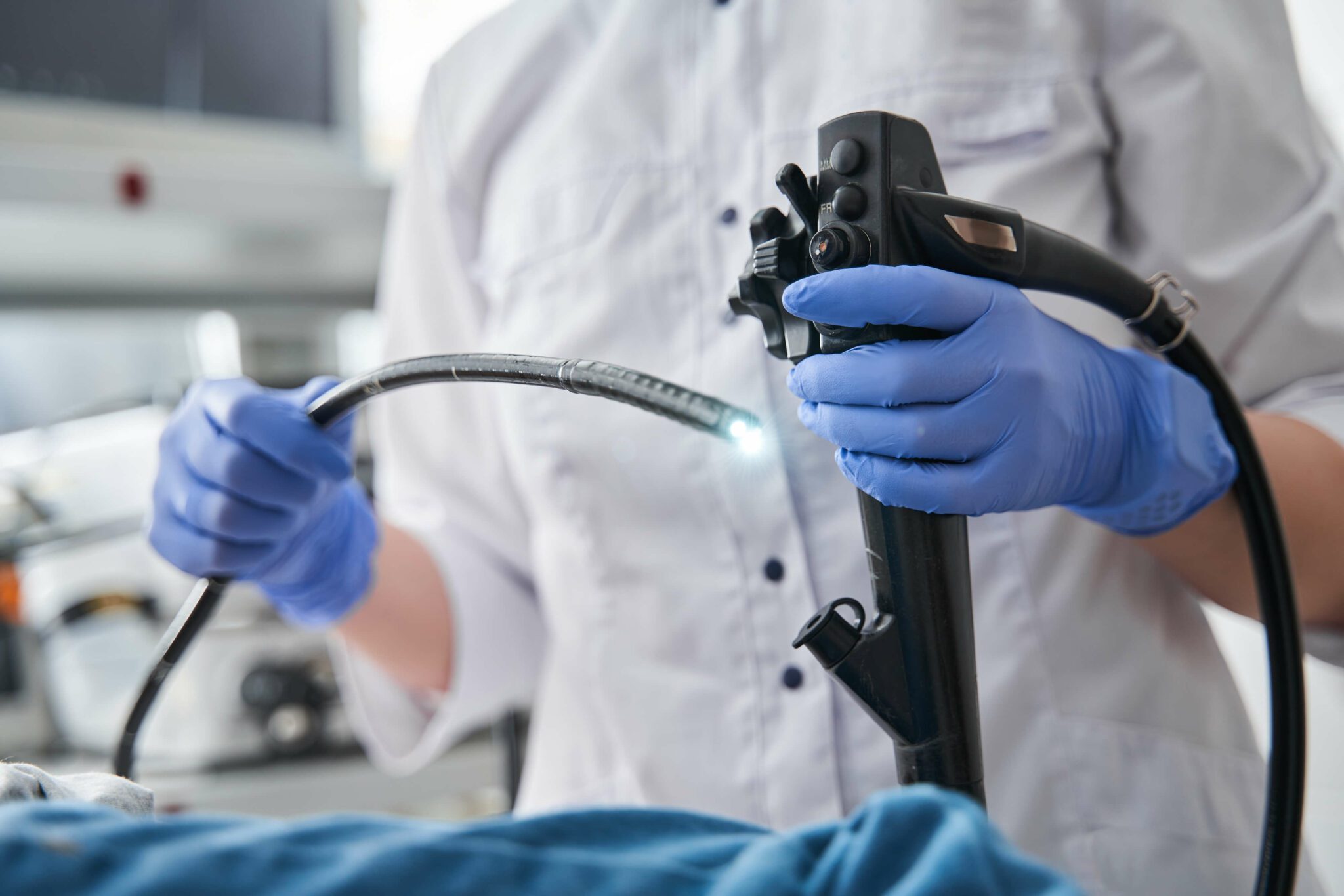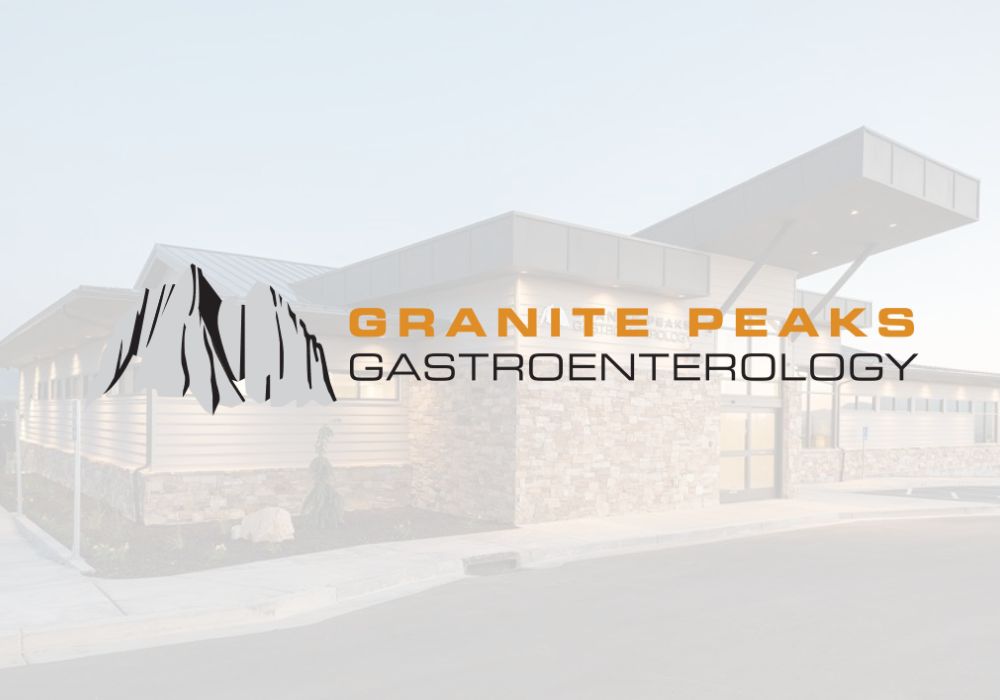Gastrointestinal issues are not only uncomfortable but may also indicate more serious underlying conditions. One of the key diagnostic tools in the field of gastroenterology is endoscopy. This procedure allows healthcare providers to visualize inside the gastrointestinal tract, aiding in the diagnosis and treatment of various conditions. But what exactly is endoscopy, and how does it contribute to gastrointestinal health?
What Is Endoscopy?
Endoscopy is a medical procedure using a specialized instrument known as an endoscope. This device is a flexible, lighted tube with a miniature camera that allows doctors to view the interior lining of the digestive tract. An endoscope can be inserted through either the mouth or the anus, depending on which part of the gastrointestinal tract needs to be examined.
Types of Endoscopy
Three types of endoscopic procedures we use at Granite Peaks are:
Upper Endoscopy
This procedure examines the upper part of the digestive system, including the esophagus, stomach, and the first part of the small intestine. It is commonly performed to diagnose conditions like acid reflux, ulcers, and certain types of tumors.
Colonoscopy
A specialized form of endoscopy, colonoscopy is designed to examine the rectum, colon and cecum, where the small and large intestines meet. It is particularly useful for early detection of colorectal cancer and immediate removal of colon polyps. It also is used to diagnose inflammatory bowel diseases like Crohn’s and ulcerative colitis, and to investigate the cause of diarrhea, bleeding, anemia and many other conditions.
Capsule Endoscopy
Capsule endoscopy is most helpful for diagnosing conditions in the small intestine. This long, winding organ cannot be visualized with an ordinary endoscope. The patient swallows a small capsule with a camera inside. As the capsule travels through the digestive system, it records pictures of the inside of the intestine, providing valuable information for the gastroenterologist.
Benefits of Endoscopy
Accurate Diagnosis
The direct visualization of the gastrointestinal tract allows for a more accurate diagnosis than other imaging tests like X-rays and allows for biopsies to be taken to test for disease cells.
Minimally Invasive
Being less invasive compared to surgery, an endoscopy procedure poses fewer risks, and recovery is quick – just a few hours to recover from anesthesia.
Therapeutic Applications
Beyond diagnosis, endoscopy can also be used for treatment purposes. For instance, doctors can remove polyps during a colonoscopy or stop bleeding in the gastrointestinal tract.
Risks and Considerations
Although endoscopy is generally considered safe, there are risks as with any medical procedure, such as infection, bleeding, or perforation of the gastrointestinal tract. Always discuss with your gastroenterologist whether endoscopy is the most appropriate diagnostic tool for your specific condition.
When Should You Consider an Endoscopy?
If you are experiencing symptoms like persistent abdominal pain, unexplained weight loss, or difficulty swallowing, your healthcare provider may recommend an endoscopic examination. Likewise, routine screenings like colonoscopies are recommended for individuals over the age of 45 as a preventative measure against colorectal cancer.
Endoscopy procedures play a vital role in the diagnosis and treatment of gastrointestinal issues. The minimally invasive nature, coupled with the diagnostic and therapeutic capabilities, makes endoscopy an invaluable tool in modern gastroenterology. If you are facing persistent gastrointestinal issues, consult your gastroenterology specialist to determine if endoscopy could be an appropriate step toward effectively managing your condition.
If you’re experiencing persistent gastrointestinal issues or are due for a routine screening, take control of your health today. Contact our specialized team to schedule an office visit or an endoscopy procedure and get the comprehensive care you deserve.


